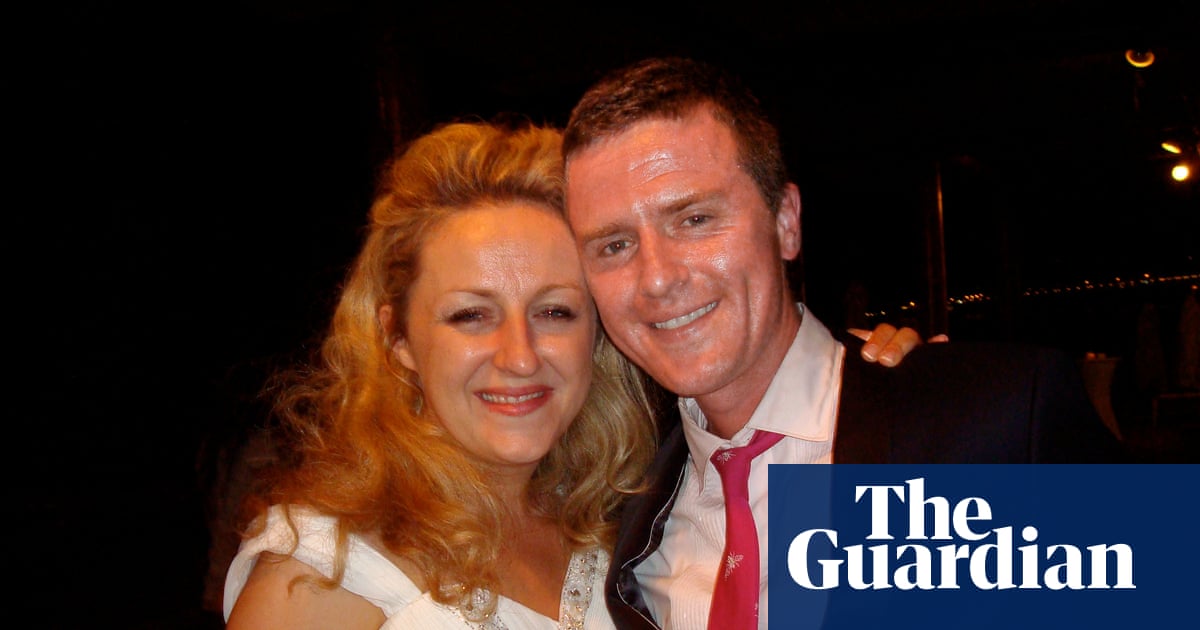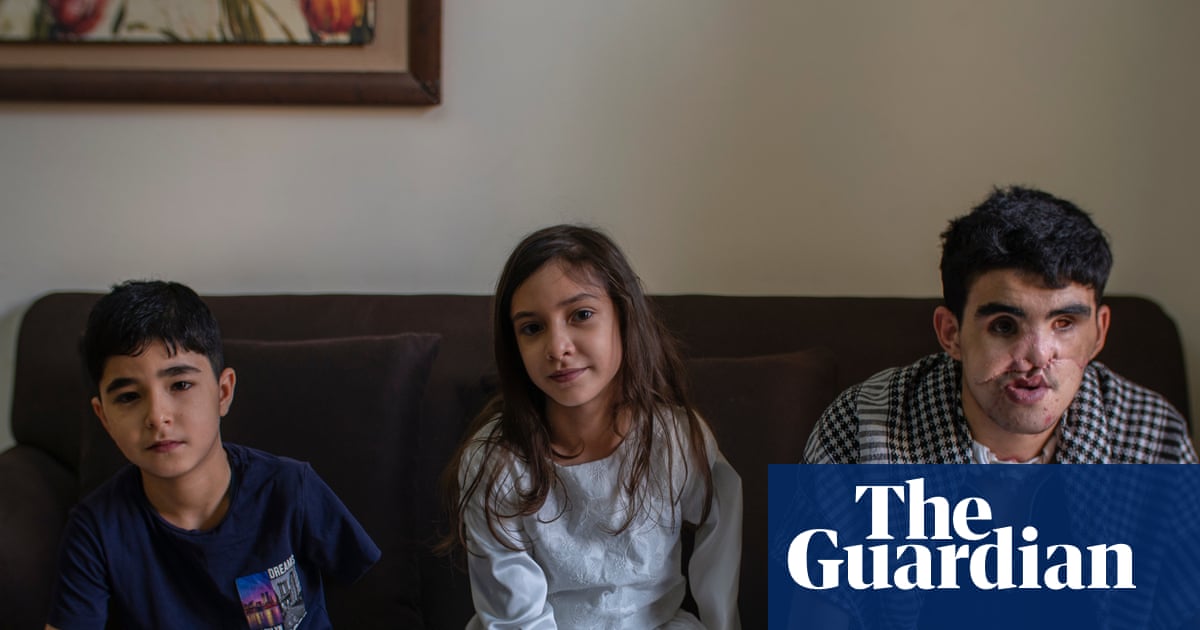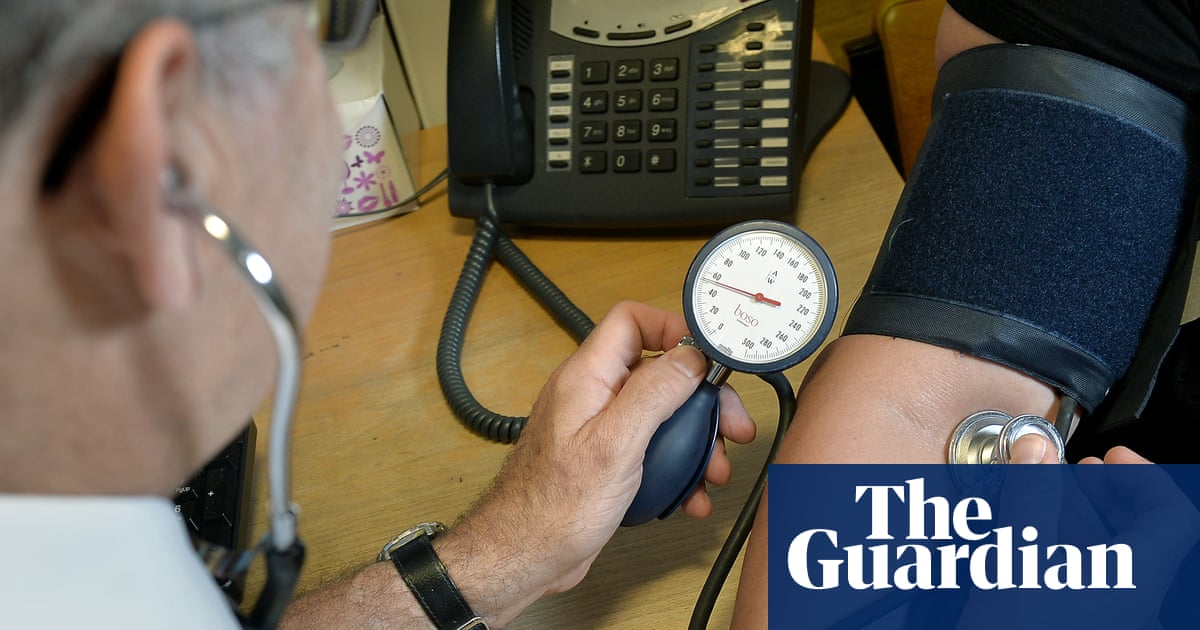Ever since Pamela Fisher was diagnosed with terminal breast cancer, the fear of dying in pain and discomfort has been keeping her awake at night. “I don’t want to die, not now. I love life and I want to live. But that said, I live in terror at the prospect of how my final weeks of life could turn out,” the 64-year-old said.
“I know that even with the best palliative care available, there are limits to what can be done. It’s a dead weight of fear I carry around with me.”
Fisher, a former academic and authorised Church of England preacher, is a strong supporter of the assisted dying bill that MPs will debate before a crucial vote on Friday. She hopes it will pass and come into force in enough time to give her the option of an assisted death when the moment comes.
Although cancer has now spread to her bones and made walking difficult, she has travelled from her home in Huddersfield to join a planned demonstration outside parliament for the bill’s third reading.
“Despite all my disabilities and pain, I’ll be there until the end, until the vote comes through,” she said. “I’m hanging all my hopes on it. It would be quite devastating if it is defeated.”
Her views have led to some tense exchanges with other members of the church, whose leaders have spoken out against the legislation. The bishop of London has said it may mean vulnerable people are compelled to hasten their death.
Fisher said: “I can’t reconcile Christian compassion with the status quo that obliges people to a drawn-out process of dying in pain when this is against their will and they have the capacity to choose.
“People use this concept of the sanctity of life which is completely central to Christian teaching. But I reject the assumption that the sanctity of life requires telling terminally ill people to undergo a painful death when they don’t want to.”
Most debates in her congregation about the subject had been civilised, she said, although she sometimes feels as if she is marginalised as a terminal cancer patient. “It’s like you’re not taken as seriously – people think ‘well she would say that, wouldn’t she?’,” she said.
On the other side of the debate, there are people alarmed the legislation could lead to abuse, coercion or people dying earlier than needed, particularly in cases of misdiagnosis and inaccurate prognosis.
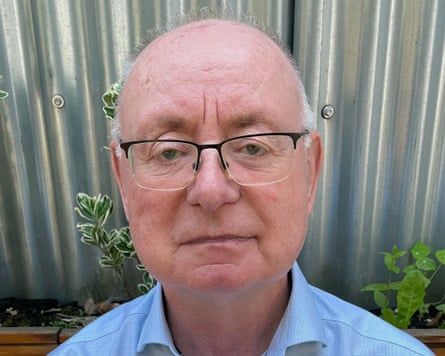
Peter Sefton-Williams, 72, was diagnosed with suspected motor neurone disease by two neurologists in January 2024 and joined Dignitas after deciding he wanted to opt for an assisted death.
“I was so completely shocked. I did very much think about ending my life because I live on my own and I’m not married, and motor neurone disease is terrible, you can’t swallow, you can’t speak,” he said.
His condition didn’t deteriorate and then, nine months later, his diagnosis was changed to a rare, non-terminal condition called multifocal motor neuropathy.
“If assisted dying had been available to me, it’s quite possible I would have opted for that. I mean, I had two of the country’s senior specialists confirm I had motor neurone disease. I was in a state of great despair,” he said.
“People would have said, well, he died with dignity and so on. Except it would have been an error. It would have been a mistake. I would have died needlessly.”
Along with misdiagnoses, the all-party parliamentary group for terminal illness reported that the accuracy of predictions of how long someone has left to live can range from 78% to 23%, and in cases involving less understood conditions, such as motor neurone disease, it can be impossible.
“There are lots and lots of cases where people have lived very fruitful, happy lives for much longer than they were expected to,” Sefton-Williams said. “I was completely traumatised by the whole experience, the misdiagnosis and the implications of that. People have to accept that there will be cases where doctors get it wrong. And that needs to be discussed.”
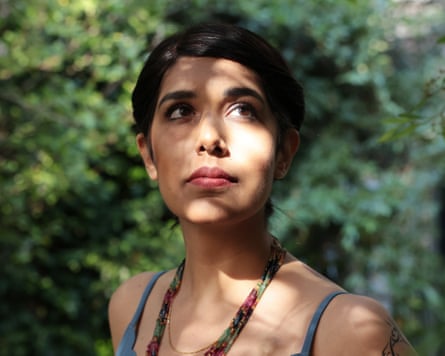
Shafaq Sikandar, 39, has stage 4 breast cancer and is a keen supporter of the bill. “It is not because I’m thinking about assisted dying,” she said. “I might not need it, but what I would like to know is that if and when that happens, that I have a choice. It’s a choice not to suffer, to be able to die at home with my loved ones.”
She is a professor of sensory neurophysiology, specialising in people’s experiences of chronic pain, so she knows more than most how pain works and the scientific limitations of measuring it.
“We don’t currently have the appropriate tools to really assess someone’s comfort when they’re past the point of being able to articulate how they’re feeling,” she said. “I am particularly worried about experiencing pain at any point in my life, including at the end of it. Pain is often described as an erosion of dignity and it really does strip away everything that makes life worth living.”
She said she understood the complexity of the bill, and the need to get the safeguarding right. “But it’s still a case of listening to the voice of patients and understanding they want to have a choice in their treatment,” she said. “When we think about death we also need to think about the meaning of life, and I think a lot of that boils down to living as well as you can until that very last breath.”

 2 months ago
80
2 months ago
80


